Museum of Counterfeit Goods
The Tilleke & Gibbins Museum of Counterfeit Goods is a niche museum with a collection comprising more than 4000 goods that infringe trademarks, patents, and copyright.
Please book your visit a minimum of five working days in advance. Visitors from the general public are welcome on:
OVERVIEW
Forming part of the Tilleke & Gibbins Corporate Social Responsibility program, the Tilleke & Gibbins Museum of Counterfeit Goods welcomes hundreds of visitors each year for guided tours, led by our experienced intellectual property attorneys.
The lectures and tours dispel the myth that IP infringement is a victimless crime. Visitors learn about how fake products jeopardize health and safety both for the consumers who buy them and for the workers who produce them. Our efforts educate people on how counterfeiting is closely tied up to other forms of organized crime, including drugs, firearms, human trafficking, and even terrorism. We also explain how counterfeiting and piracy rob the government of tax revenue and impose greater costs on legitimate taxpayers due to the burden of enforcement, while stifling innovation and damaging overall economic development. We welcome a range of visitors to our museum:
The team provides advanced brand-awareness training on behalf of our clients for intellectual property practitioners, Thai and foreign police, judges, members of the diplomatic corps, and other government officials. During these events, professionals will receive in-depth training on how to differentiate between genuine and counterfeit goods, thus further building the capacity of the participants and helping them to succeed in their difficult work.
The museum often hosts large classes of university students from a range of faculties, including law, design, architecture, and other fields that depend on the protection of creative ideas for their success. Visiting students have the opportunity to learn from experienced IP lawyers about the basics of intellectual property and the practical implications of piracy and counterfeiting.
The museum is open to members of the general public at designated dates and times. Visits are always subject to an advance booking, and this booking should be made a minimum of five working days in advance. To schedule a visit, please contact the Museum of Counterfeit Goods at museum@tilleke.com.
The museum has attracted significant media attention, and numerous major foreign television broadcasting companies (including CNN and BBC) have featured the museum in their documentaries concerning the counterfeit situation in Thailand. Many local and international newspapers and magazines have also published articles on the museum, including The Christian Science Monitor and TIME magazine.
Collection
“A mind-boggling array of counterfeit merchandise”
– Lonely Planet
Established in 1989 by David Lyman, Chairman and Chief Values Officer, the Tilleke & Gibbins Museum of Counterfeit Goods has grown from a collection of approximately 100 products when it was first created to more than 4,000 IP-infringing goods today, making it one of the largest of its kind in the world. The museum houses a collection covering 14 broad categories of goods, including clothing, footwear, watches and eyewear, accessories, cosmetics and perfumes, food and household products, drugs, alcohol and cigarettes, copyrighted works, stationery and office supplies, automotive parts, tools, electrical devices, and miscellaneous products.
Case Studies
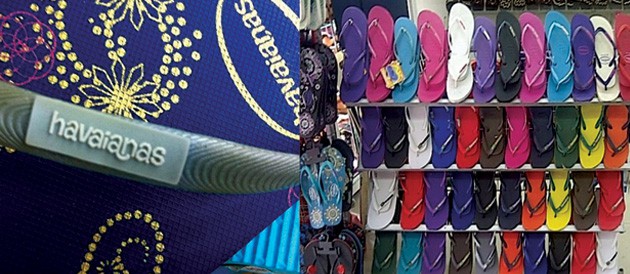
Due to their unique design, HAVAIANAS flip-flop sandals have become very popular among Thai people and tourists, especially at tourist attractions and beach areas. This has resulted in the widespread distribution of counterfeit HAVAIANAS sandals across Thailand. The counterfeit products use similar, infringing designs, and are offered at prices which are three to four times lower than genuine HAVAIANAS sandals, but with very inferior quality.
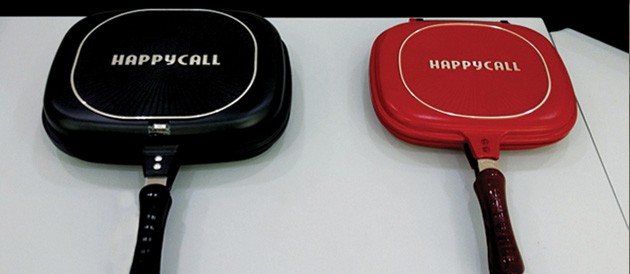
HappyCall is a well-known Korean kitchenware manufacturer. A Thai TV shopping network began to run advertisements for a company offering counterfeit HappyCall frying pans for sale. In addition, the infringer offered the counterfeit frying pans for sale on its website and offered to deliver them in person to its customers.
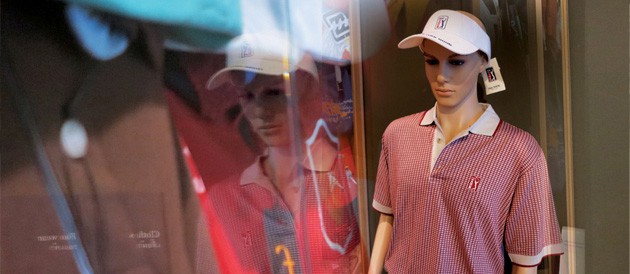
A Thai company that was formerly an authorized licensee of PGA TOUR, Inc., a well-known organizer of professional golf tournaments, continued to distribute PGA TOUR apparel products bearing PGA TOUR trademarks after the agreement was legitimately terminated. The distributed products were identical to the originals but were deemed to be infringing products because the trademark owner’s authorization had ended with the termination of the licensing agreement.
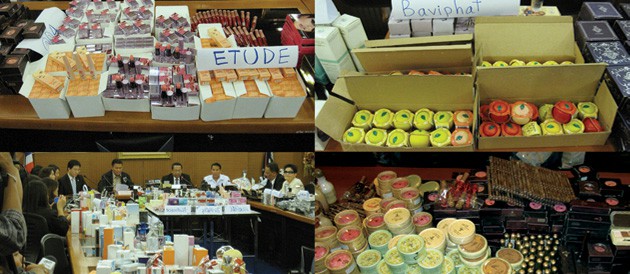
An online company in the business of selling counterfeit products, including those of the well-known Korean makeup brands Lotree, Etude, Skinfood, and Baviphat, was the subject of coordinated raids carried out by the Department of Special Investigation of Thailand. The company stocked its counterfeit products in three different locations across two Thai provinces. The first site was a stockroom, while the others were three-story commercial buildings.
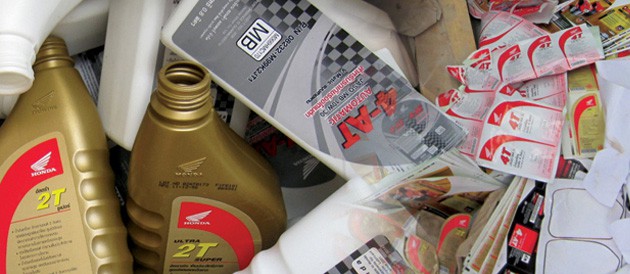
A Thai factory located in Lam Luk Ka district, Pathum Thani province, was raided by the police, leading to the seizure of thousands of automotive-related products, including counterfeit engine oils, plastic engine oil containers, cardboard boxes, labels, and even foil seals that cover the tops of engine oil containers. All of the seized items bore trademarks belonging to Honda Motor (Japan) and other leading companies.
Museum of counterfeit goods news